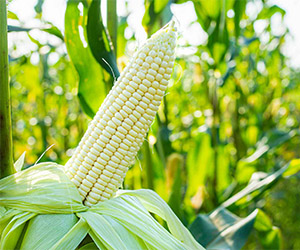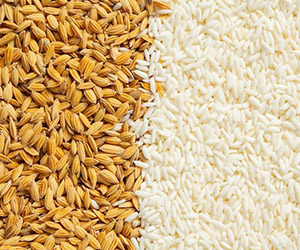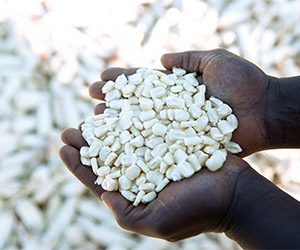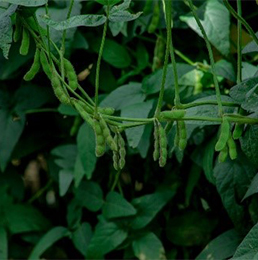By Zephania Ubwani
Arusha. The company that develops and markets certified crop seeds in Tanzania, Seed Co, Tanzania Limited, is constructing a Sh10 billion seed processing factory in Iringa.
This move brings hope to farmers’ cooperative societies regarding accessibility to quality seeds.
The company develops and markets mainly hybrid maize as well as cotton, wheat, soya bean, barley, sorghum and groundnut seeds.
Its regional managing director for East Africa, Mr Clive Mugadza, said at the weekend here that its Sh10 billion state-of-the-art seed processing factory in Iringa will be the largest seed processing plant in the country and a major boost for the seed industry.
The Arusha-based company has earmarked land on the outskirts of the southern highlands town for the purpose.
“The new plant will have laboratory facilities and fields for trials and seed breeding,” said Mr Mugadza.
He disclosed this during a visit to the company’s premises by the Minister for Agriculture Prof. Adolf Mkenda on Sunday.
The proposed factory will supplement the current one in Arusha and will have the capacity to process 40 tonnes of maize and other cereal seeds a day.
The firm under the Seed Co. group, then based in Zimbabwe but now South Africa, entered Tanzania’s seed market in 2009 with a base in Arusha.
It has spread to the rest of the East African Community (EAC) with the Arusha hub serving Kenya, Uganda, Burundi and Rwanda.
Seed processing involves seed cleaning, grading and treatment with insecticides and fungicides against soil-borne pathogens.
The company – like a host of others – has invested more in hybrid maize seeds although initiatives to diversify to other crops are underway. “We have maintained a strong market share among the communal and commercial farmers for years,” Mr Mugadza explained.
It has been largely involved in the breeding, multiplication and distribution of mainly hybrid seed varieties for maize, soya beans, wheat, sorghum and others.
Seed Co is also the leading certified seed company authorised to market seed varieties developed by itself, government and other associated seed breeders in over 15 countries.
Speaking during the minister’s visit, Bob Shuma, the executive director of the Tanzania Seed Traders Association (Tasta) decried the country’s dependency on seed imports.
“The government should give enough support to companies involved in the local production so as to reduce the (imports) gap – and save some foreign exchange in the process,” he said.
According to recent statistics, the annual demand for seeds in Tanzania stands at 212,274 tonnes of which only 52,700 tonnes are available.
Out of the actual 52,700 tonnes supplied to the market, 35,422 tonnes are produced locally while 16,278 tonnes are imported.
 Tanzania
Tanzania
 Seed Co Group
Seed Co Group Angola
Angola Botswana
Botswana DRC
DRC Kenya
Kenya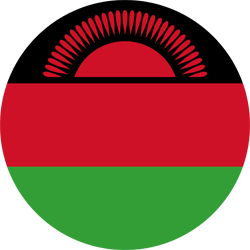 Malawi
Malawi Nigeria
Nigeria South Africa
South Africa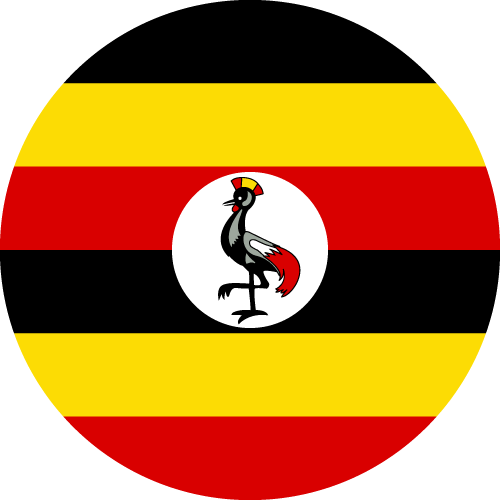 Uganda
Uganda Western & Central Africa
Western & Central Africa Zambia
Zambia Zimbabwe
Zimbabwe
